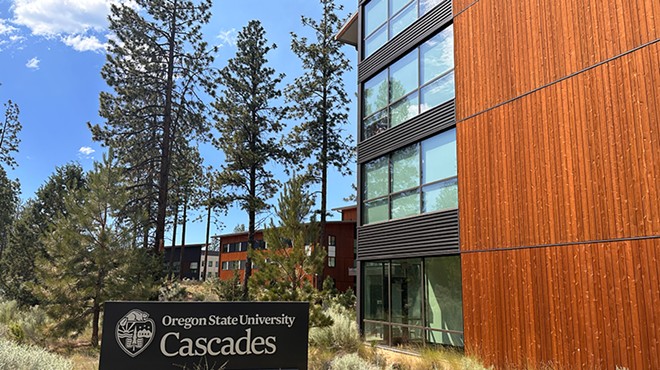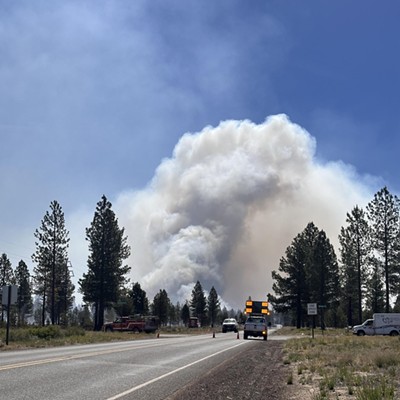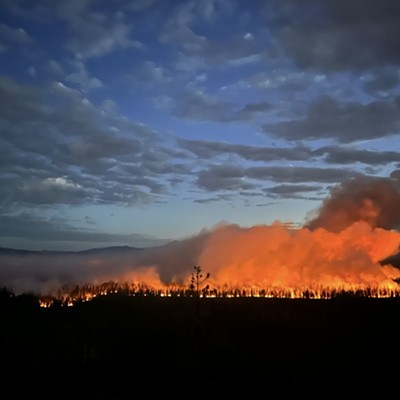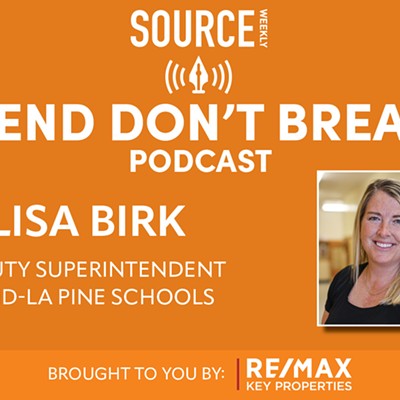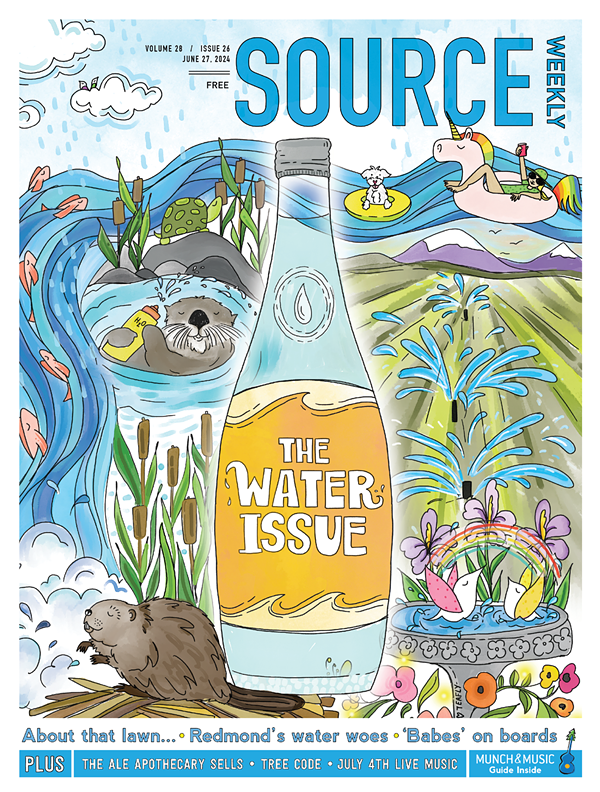In April, Josh Burgess, the executive director of COCAP, spoke at a City Club of Central Oregon forum, introducing a decision-making process that allows randomly selected individuals to make policy recommendations to local leaders.
After months of planning and fundraising, COCAP has scheduled its first assembly this fall, focusing on developing community solutions to end and prevent youth homelessness in Deschutes County.
Meant to encourage more representation in local decision making, these assemblies randomly select individuals, by lottery and stratification, to meet and come up with recommendations for a given topic or issue.
The assembly is broken down into three portions, said Burgess. The first two days, members will hear from stakeholders and subject matter experts to learn about the topic – what has been tried, what hasn’t and what potential barriers there might be to solving problems.
Members then reconvene two weeks later to request more information the deliberate for two days to recommend potential solutions. According to Burgess, members need to reach a super-majority consensus of 75% of the assembly for any recommendation to be passed onto local governments.
“Some people, more than likely, will be shifting their positions and opinions on these things, which is one of the key outcomes of assemblies,” he said.
Burgess feels confident that the group will be able to come to a consensus in the end. He explained that the assembly will also include moderators to help move discussions along.
“It very much becomes almost like a mini legislature,” said Burgess. “It would be, I think, extraordinarily rare for them not to come up with recommendations.”
Once the group comes up with final draft of recommendations, COCAP will hold an official meeting to present those recommendations to government stakeholders responsible for implementing them.
After this initial topic, COCAP plans to let members of the assembly be involved in the selecting the next topics.
“We do see this as broadening out to the entire Central Oregon region. We're doing it on a smaller basis this time, purely as a pilot project, but we completely understand that the problems that we really need to focus on are those that impact Jefferson County, Crook County, the Confederated Tribes of Warm Springs and others, so that we're using this as a tool to bring members of that broader community together.”
For the selection process, which begins this summer, COCAP will mail out 12,5000 invitations, based on the number of people who live in each of the jurisdictions – Bend, Redmond and La Pine, Anyone over 16 years old residing at an address that received an invitation can volunteer through an included paper form or online.
Each form, which includes demographic questions like age, gender and political affiliation, among others, is put into a calculator that spits out hundreds of different variations based on the people who responded. Of those hundreds of possibilities, Burgess said, they will draw lottery balls out to identify the people who participate in the assembly.
“There’s an assurance that we’re really staying as hands off as possible on the selection of individuals,” said Burgess.
COCAP is partnered with Democracy Next, Healthy Democracy and OSU Cascades’ Laboratory for the American Conversation, which is providing the venue and research that will go into proving the efficacy of the project.
“We are partnering with COCAP to try and capture how everyday people across the political spectrum find solutions that work for everyone in real time,” said Elizabeth Marino, an associate professor of Anthropology at OSU-Cascades. “Ultimately, we hope to help model a process in which disagreement and contentious debate can occur with less hostility and antagonism."
In the June 24 vote to approve the MOU, Commissioner Patti Adair voted “no,” stating that the selection process could potentially leave people with lived experience out of the discussion.



